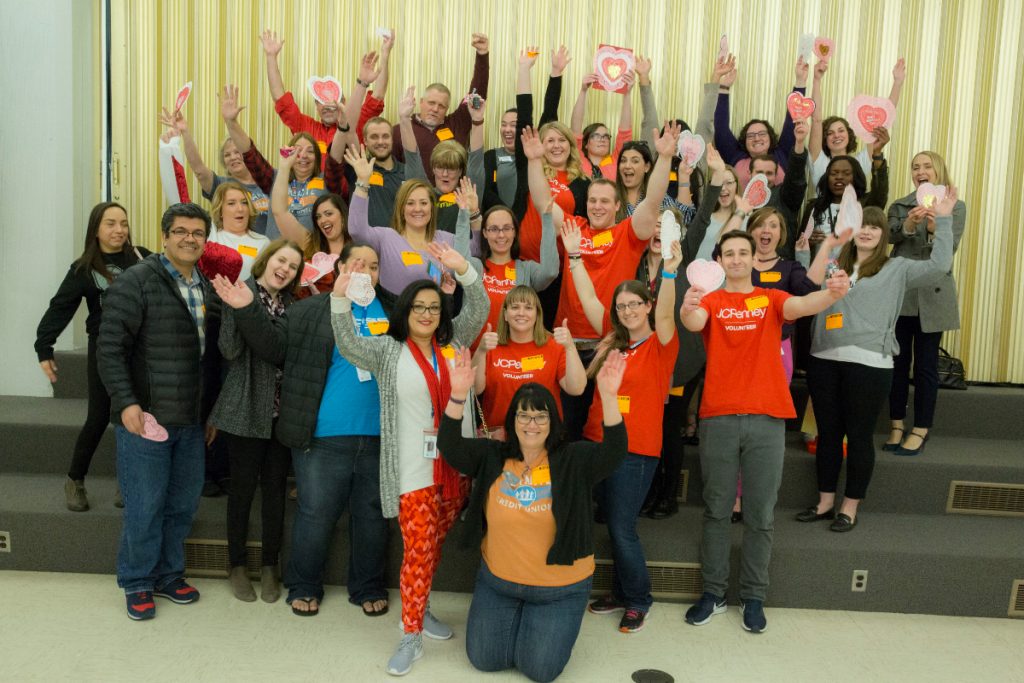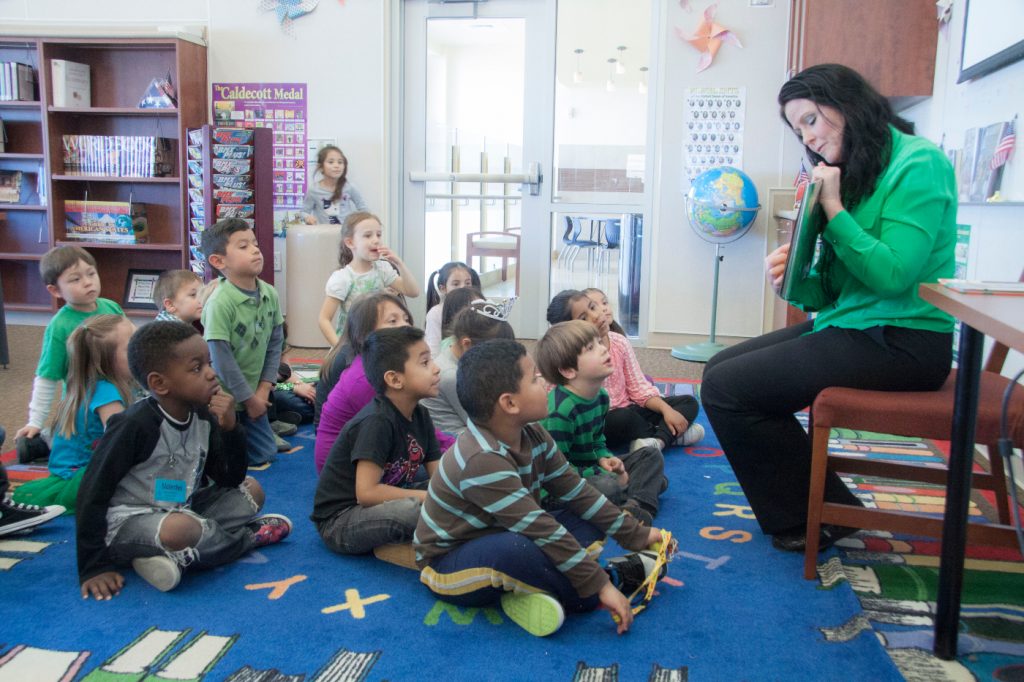Accomplishments across the Salt Lake City region show the power of communities coming together around common goals. Thanks to the efforts of Cradle to Career Network member Promise Partnership of Salt Lake, kids and families are getting more support to be successful. This partnership focuses on aligning the community around a shared vision, supporting organizations to use data for decision making, and changing policies and practices that lead to success. This impact has earned Promise Partnership the designation of proof point, an important measure of progress along the StriveTogether Theory of ActionTM.
Here are a few examples of how Promise Partnership is changing systems to support students and families:
The partnership is designed to support change.

One example of this effective flow of communication was the Elementary Reading Network’s support of community schools to spread a successful practice. Data showed that integrating a 90-minute literacy block into enrichment-focused summer programs helped eliminate summer learning loss for students who attended 20 or more days of programming. After expanding this practice across schools and another district, the Elementary Reading Network shared challenges with the council. To address these obstacles, the council rallied support for public policy wins, like passing SB194 Early Literacy Amendments to address gaps in literacy interventions and align state programs and funding.
The partnership also has prioritized the authentic engagement of community members, building a culture of doing work side-by-side with the community. Jadee Talbot, associate director of Granite School District Community Centers, says community engagement is critical. “Data tells us ‘what’ but not the deep roots of the ‘why,’ ” he said. “As you start to know communities and families, you have a stronger place to start at addressing different issues.”
Promise Partnership works to ensure those who are closest to the result can contribute to solutions. School-based staff help design practices and policies relevant to their classrooms and students, and kindergarten teachers helped design the statewide kindergarten assessment. Through an internship program, Promise Partnership hired college-age students who grew up in the neighborhood and are native speakers of critical languages within the community. Their work allows the partnership to meet community members where they are.
The partnership supports partners to use student-level data to make decisions.
Promise Partnership created a data infrastructure to support partners to use data to improve their practices. This infrastructure includes technology like a customized Early Warning System, which is integrated into the student information management database. A Grassroots Community Cloud provides a shared space for partners to access family data. The partnership also has built partners’ capability to use data through training and ongoing support.
Before this support was available, program providers like Big Brothers Big Sisters relied on students to report their own academic status, which led to sporadic and inaccurate data collection. Now, the after-school mentoring program has access to up-to-date data and uses students’ credit status to determine how time is spent with their mentors. Through the use of data for continuous improvement, graduation rates for non-white 12th graders reached 91 percent for Mentor2.0 students, compared to 84 percent in a control group.
Partners across the region see the value in using data to make decisions. “It is important that we use evidence-based strategies that we know are going to make a difference in kids’ lives,” said Karen Gregory, who is the associate director of literacy for the Granite School District and a member of the Elementary Reading Network.
Policy changes are implemented and sustained to improve outcomes.
The Promise Partnership Regional Council, the partnership’s regional decision-making body, has supported significant statewide policy change. With the help of the council, Utah was the first state in the nation to implement a pay-for-success financing model to fund preschool. And, through the efforts of the council, Utah now has a statewide kindergarten entry and exit assessment.

Partners have dedicated themselves to the vision of the partnership, focusing on results to support children in the Salt Lake City region. With support from leaders and community members, Promise Partnership of Salt Lake is changing systems, structures and practices to better serve students.

